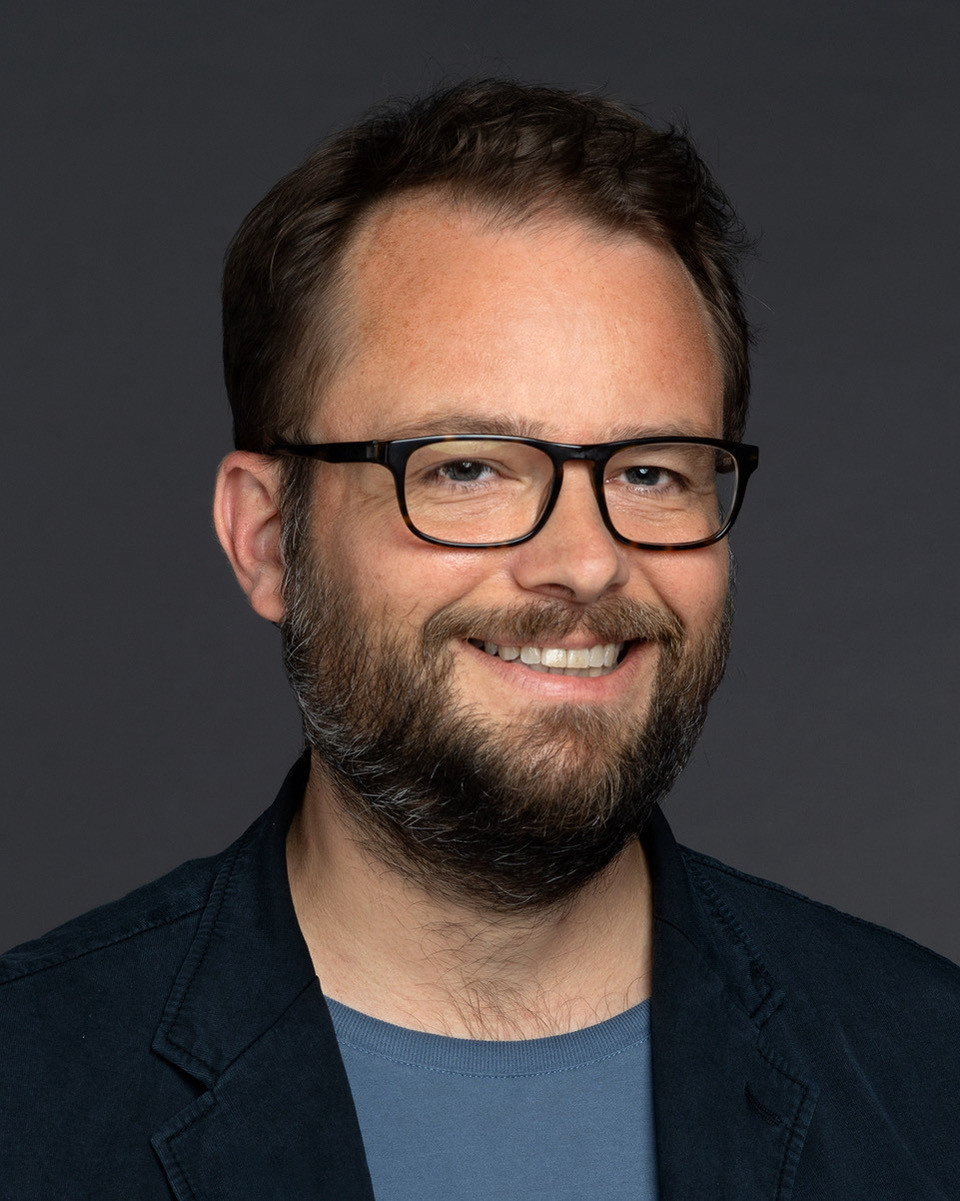In an interview with WOZ, Roland Meyer, DIZH Bridge Professor for Digital Cultures and Arts at UZH and ZHdK, talks about the cultural and political consequences of generative image AI. Instead of creating new visual languages, they mainly reproduce stereotypical motifs and backward-looking aesthetics. He warns of a “model collapse”: more and more AI images are circulating on the web and flowing back into new training data. To secure their database, tech companies are increasingly cooperating with traditional rights holders.
Against this backdrop, he emphasizes the urgency of political regulation and civil society resistance to the growing concentration of power in the AI sector. The targeted cleansing of image archives, as is currently happening in the USA, is particularly worrying. This is further distorting the already biased database. What is stored, deleted or backed up increasingly determines our collective visual memory.
